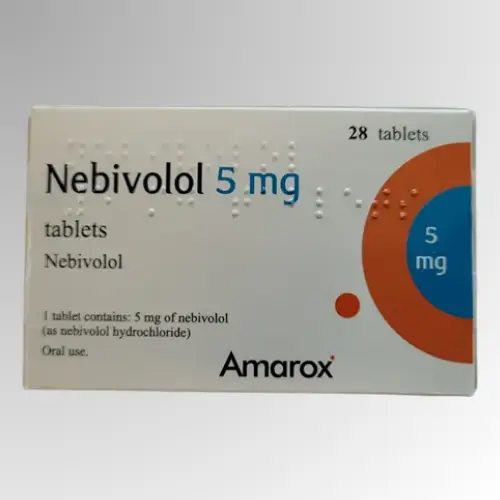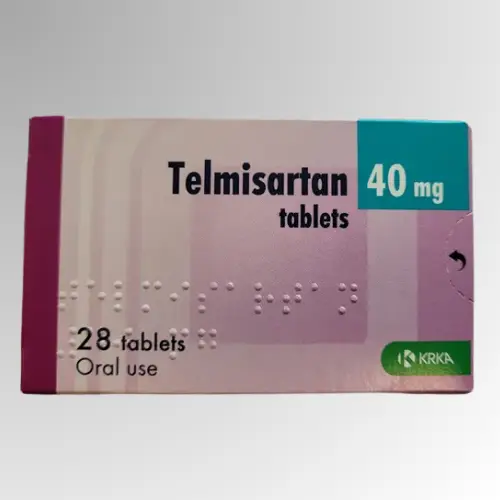High blood pressure, or hypertension, affects millions of adults in the UK and increases the risk of heart attack, stroke and other cardiovascular problems. If you’ve been prescribed Nebivolol 5mg, you may be wondering how it works and what to expect. This blog will explain the essentials of Nebivolol, helping you make informed decisions about your treatment.
What Is Nebivolol?
Nebivolol is a type of beta-blocker, which means it works by slowing down your heart rate and relaxing blood vessels, making it easier for the heart to pump blood around the body. It’s particularly useful in treating stage 1 and stage 2 hypertension, and may also be prescribed for heart failure in some cases.
Unlike traditional beta-blockers such as atenolol and propranolol, Nebivolol has a more targeted action. It selectively blocks beta-1 receptors, which are primarily found in the heart, and this means it may have fewer side effects like fatigue and cold extremities. Additionally, Nebivolol promotes the release of nitric oxide, which contributes to the relaxation of blood vessels.
How Does Nebivolol Work?
Nebivolol reduces the workload on your heart by blocking specific receptors (beta-1 receptors) in the heart muscle. This action lowers blood pressure and helps prevent complications such as heart attacks or strokes. By lowering your heart rate and relaxing your blood vessels, it helps maintain healthy blood flow.
For patients who experience anxiety-related spikes in blood pressure or a rapid heartbeat (tachycardia), Nebivolol can be particularly beneficial thanks to its calming effect on the cardiovascular system.
How to take it
The typical starting dose is 5mg once daily, taken with or without food. Your GP may adjust the dose depending on how well your blood pressure responds. It’s important to take it at the same time each day to maintain steady levels in your system.
If you miss a dose, take it as soon as you remember, but if it’s nearly time for your next dose, skip the missed one. Never take a double dose to make up for the one you missed.
Possible side effects
Most people tolerate Nebivolol well. Some may experience:
- Fatigue
- Dizziness
- Headaches
- Slowed heart rate
- Cold hands or feet
Less common side effects include sleep disturbances, shortness of breath or gastrointestinal issues. Always report unusual symptoms to your GP, especially if they persist or interfere with daily activities.
Tips for getting the most out of Nebivolol
- Don’t suddenly stop taking it, this can cause your blood pressure to spike.
- Monitor your blood pressure regularly at home.
- Maintain a healthy lifestyle alongside medication.
- Reduce your salt intake and avoid smoking or excessive alcohol consumption.
- Attend all scheduled GP reviews to assess progress and side effects.
In Summary
Nebivolol is a reliable and well-tolerated option for managing high blood pressure. If taken consistently and as prescribed, it can help protect your heart and overall health. Speak to your GP if you have any concerns or side effects. It’s also essential to combine medication with positive lifestyle habits, such as regular exercise, a balanced diet and stress reduction techniques.



